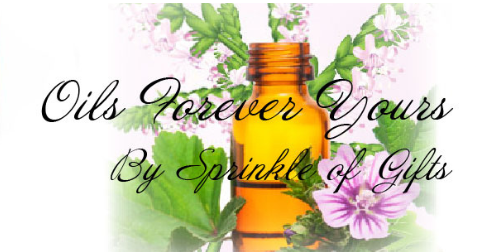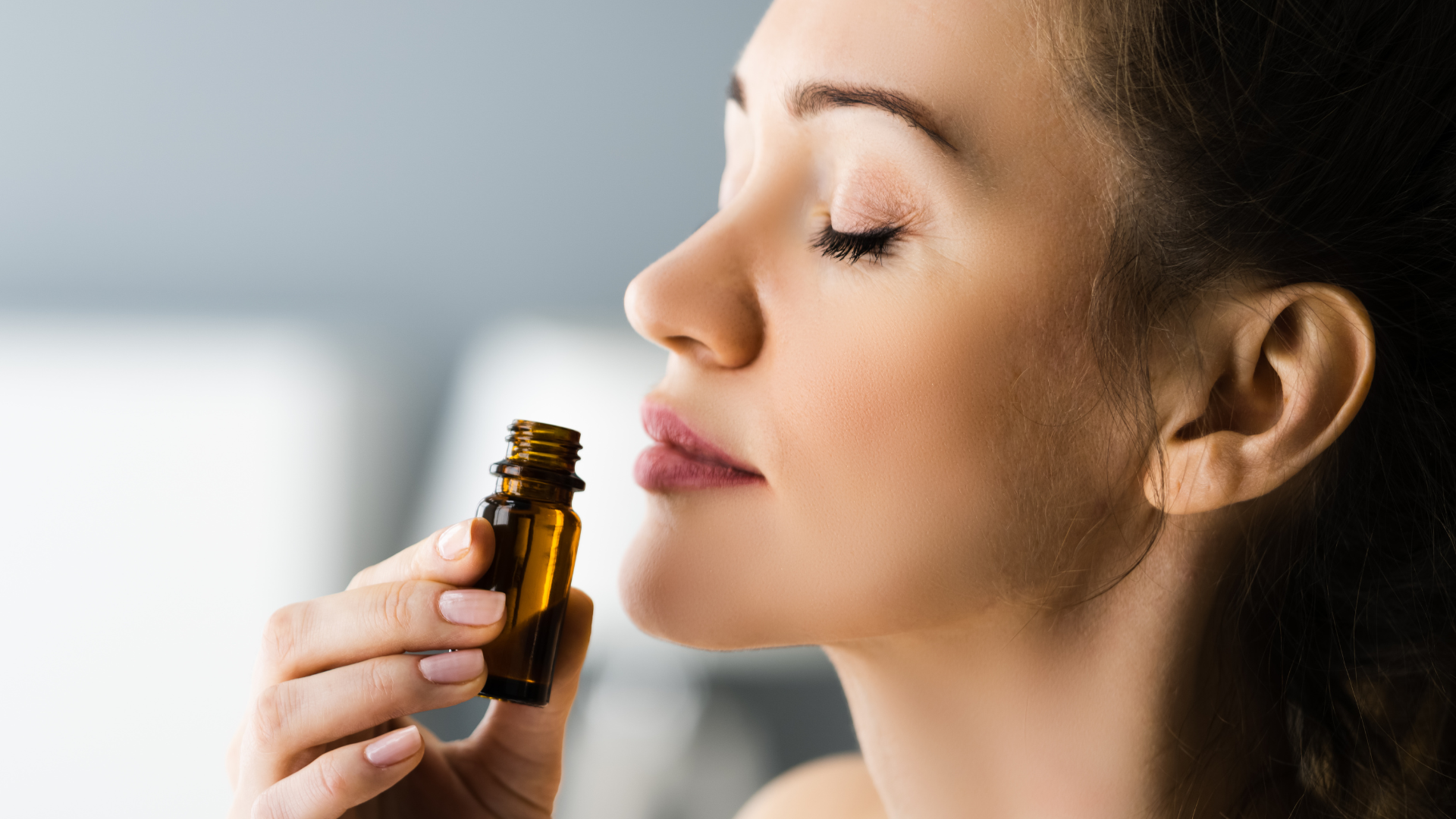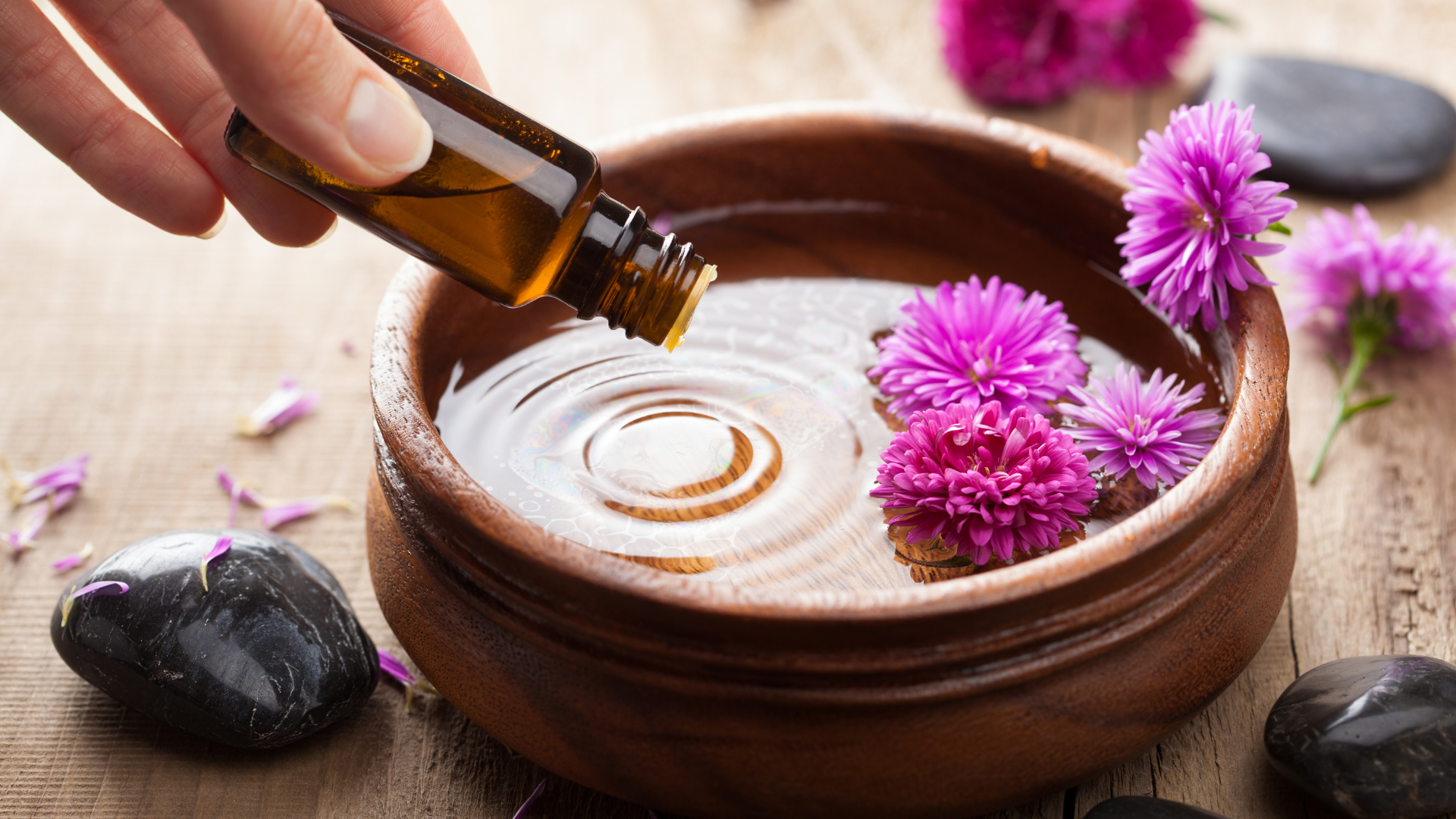A Beginner’s Guide to Using Essential Oils Safely

Essential oils are powerful plant extracts known for their incredible benefits to health and wellness. From promoting relaxation and reducing stress to supporting skin health and immune function, these natural oils have become a popular addition to many people’s daily routines. However, despite their widespread use, essential oils should always be handled with care to ensure safety and maximize their therapeutic effects. This beginner's guide will walk you through the basics of using essential oils safely, so you can enjoy their benefits without any worries.
What Are Essential Oils?
Essential oils are concentrated plant extracts obtained through steam distillation, cold-press extraction, or other methods. They capture the natural fragrance and therapeutic properties of the plants they come from. Essential oils are widely used in aromatherapy, skin care, and even household cleaning due to their wide range of benefits.
However, because they are so concentrated, essential oils should never be used in large quantities or applied directly to the skin without proper dilution.
1. Always Dilute Essential Oils
Essential oils are highly concentrated and can cause skin irritation or an allergic reaction if applied directly without dilution. It’s crucial to mix essential oils with a carrier oil (like coconut, jojoba, or almond oil) to reduce their potency and ensure safe application.
General Dilution Guidelines:
- For adults: A safe dilution is about 1-2 drops of essential oil per teaspoon (5 ml) of carrier oil.
- For children: Use a much lower dilution, typically 0.5% (about 1 drop of essential oil per 2 teaspoons of carrier oil).
- For sensitive areas: When applying oils near sensitive areas like the eyes or mucous membranes, use a much more diluted mixture.
2. Conduct a Patch Test
Before applying any new essential oil to your skin, always perform a patch test to check for potential allergic reactions. To do this, dilute the essential oil as you would for regular use and apply a small amount to a discreet area of skin, such as the inside of your elbow. Wait 24 hours to see if any irritation or redness occurs. If irritation develops, rinse the area with mild soap and water and discontinue use.
3. Avoid Contact with Eyes and Mucous Membranes
Essential oils should never be applied directly to the eyes or mucous membranes (such as the inside of your nose or mouth). These areas are highly sensitive and can be easily irritated by the concentrated nature of essential oils.
If essential oil does come into contact with your eyes, rinse immediately with a carrier oil, not water. Water will only spread the oil and could worsen the irritation. Seek medical advice if needed.
4. Use Essential Oils in Well-Ventilated Areas
When using essential oils for aromatherapy, always ensure you’re in a well-ventilated area. Diffusing essential oils can help create a relaxing environment, but if you’re in a confined space, the oils may become overwhelming or cause headaches. Start with a few drops in a diffuser and check how you feel before using more.
Essential Oils for Diffusing:
- Lavender – For relaxation and better sleep
- Eucalyptus – To promote clear breathing
- Peppermint – To refresh and energize
5. Know Which Oils Are Safe for Specific Groups
Certain groups of people, such as children, pregnant women, and those with underlying health conditions, should exercise extra caution when using essential oils. Some oils may be harmful or cause adverse reactions in these groups.
For Children:
- Avoid using strong oils like eucalyptus, peppermint, and rosemary for children under 2 years old.
- Opt for gentler oils like lavender, chamomile, and mandarin, which are usually safe when diluted.
For Pregnant Women:
- Some oils may trigger contractions or be unsafe during pregnancy. Always consult your doctor before using essential oils if you're pregnant.
- Safe options during pregnancy include lavender, frankincense, and citrus oils (like lemon and orange).
For People with Health Conditions:
- Those with asthma, high blood pressure, or epilepsy should avoid oils like eucalyptus, rosemary, and peppermint unless advised by a healthcare professional.
6. Don’t Ingest Essential Oils
Although essential oils offer many health benefits, ingesting them can be dangerous unless prescribed by a qualified health professional. They are highly concentrated, and ingesting large amounts could lead to toxicity or damage to internal organs. Always consult a qualified healthcare provider before considering any internal use of essential oils.
7. Store Essential Oils Properly
To maintain the potency and shelf life of essential oils, store them in a cool, dark place away from direct sunlight. Heat and light can degrade the oils and cause them to lose their effectiveness. Always ensure that the bottles are tightly sealed and placed upright to avoid leakage.
8. Research Before Use
Not all essential oils are created equal, and some may be adulterated with synthetic fragrances or low-quality ingredients. When purchasing essential oils, look for reputable brands that provide 100% pure, therapeutic-grade oils. Also, make sure to read the safety guidelines and do thorough research on each oil you plan to use.











